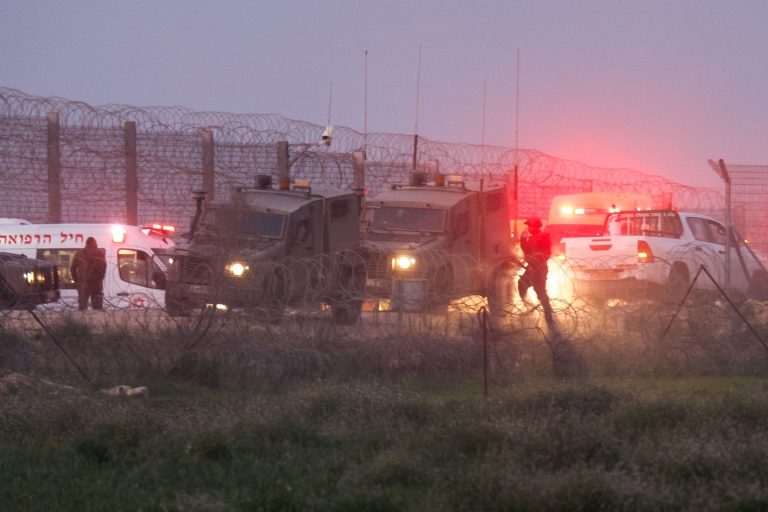Hajari added that the Israeli army is creating a 600-meter-wide buffer zone along the border and destroying buildings there as part of efforts to protect Israeli communities across the border. The current conflict began after Hamas attacked communities in southern Israel, killing at least 1,200 people on October 7.
Israeli Prime Minister Benjamin Netanyahu said in a statement on Tuesday that the Israeli army had begun an investigation into the incident.
“We must learn the necessary lessons and do our best to preserve the lives of our warriors,” he said. “In the name of our heroes and to preserve our lives, we will not stop fighting until absolute victory is achieved.”
This brings the number of Israeli soldiers killed since the start of the ground operation to 217 soldiers. According to the US State Department, 21 Americans serving in the Israeli army were killed in the conflict.
“This is a war that will determine Israel’s future for decades to come,” Defense Minister Yoav Galant said in a social media post on Tuesday. “The fall of our fighters is a condition for achieving the goals of the war.”
The news comes as Israel has gradually withdrawn some of its forces from northern Gaza in recent weeks, saying the next phase of the war will include more targeted raids and assassinations than the overall campaign that devastated large parts of the north.
But the fighting continues, especially in the central and southern regions, around the city of Khan Yunis and near Rafah, on the border between Gaza and Egypt, where more than a million Palestinians have taken refuge.
Israel announced on Tuesday that its ground forces had encircled Khan Yunis in the south, and killed, along with the air force, dozens of Palestinian militants, according to its statement. The city is believed to house the military leader of Hamas, Yahya Sinwar, and is the main focus of the current Israeli army battle, with the fighting expected to continue for weeks.
The Israeli army ordered residents of several parts of Khan Yunis, including the city center, to evacuate late Monday.
The Israeli campaign on Gaza has led to the deaths of more than 25,000 Palestinians, according to the Gaza Ministry of Health, after more than 100 days of fighting in one of the most devastating wars so far this century, according to an analysis published by the Washington Post.
Israel maintains at least three brigades, along with additional special forces, inside the Strip, according to a military statement this month. But army spokesman Hagari said on Tuesday that “more reservists will be needed on all battlefields.”
He said the military strategy going forward would include “releasing reservists and focusing activities.”
“We will be asked to recruit reserve personnel again and operate again in all theaters of war, in the south and in the north,” he said, adding that Israel had another duty – to let some of the hundreds of thousands who have since enlisted. Hamas' attack on October 7 forced them to return to their families, jobs and studies “in order to allow the State of Israel to fight for a long time.”
Hazem Baalousha in Amman, Jordan, contributed to this report.

